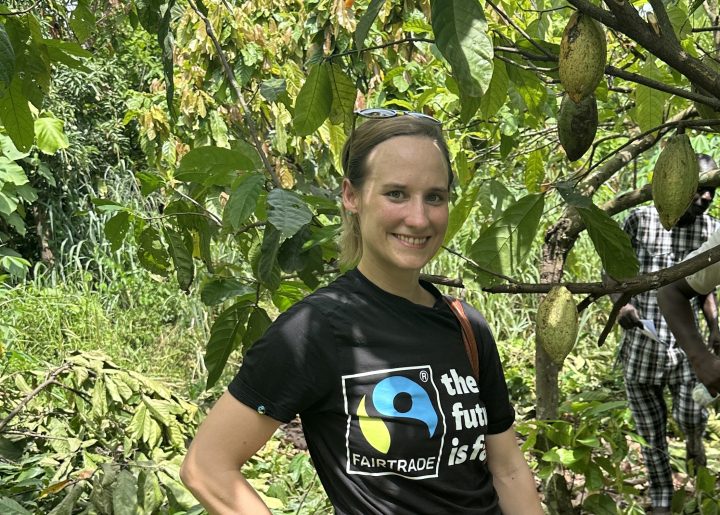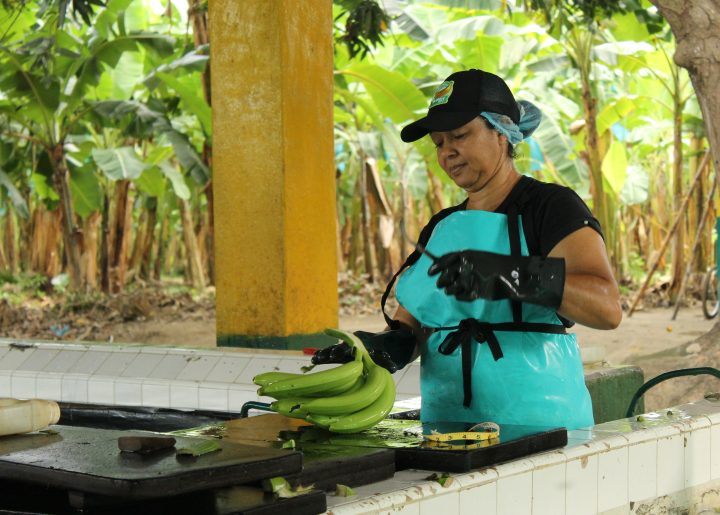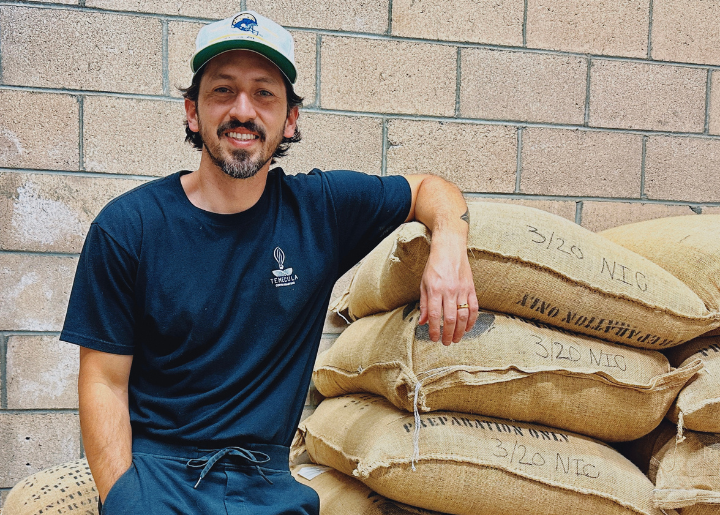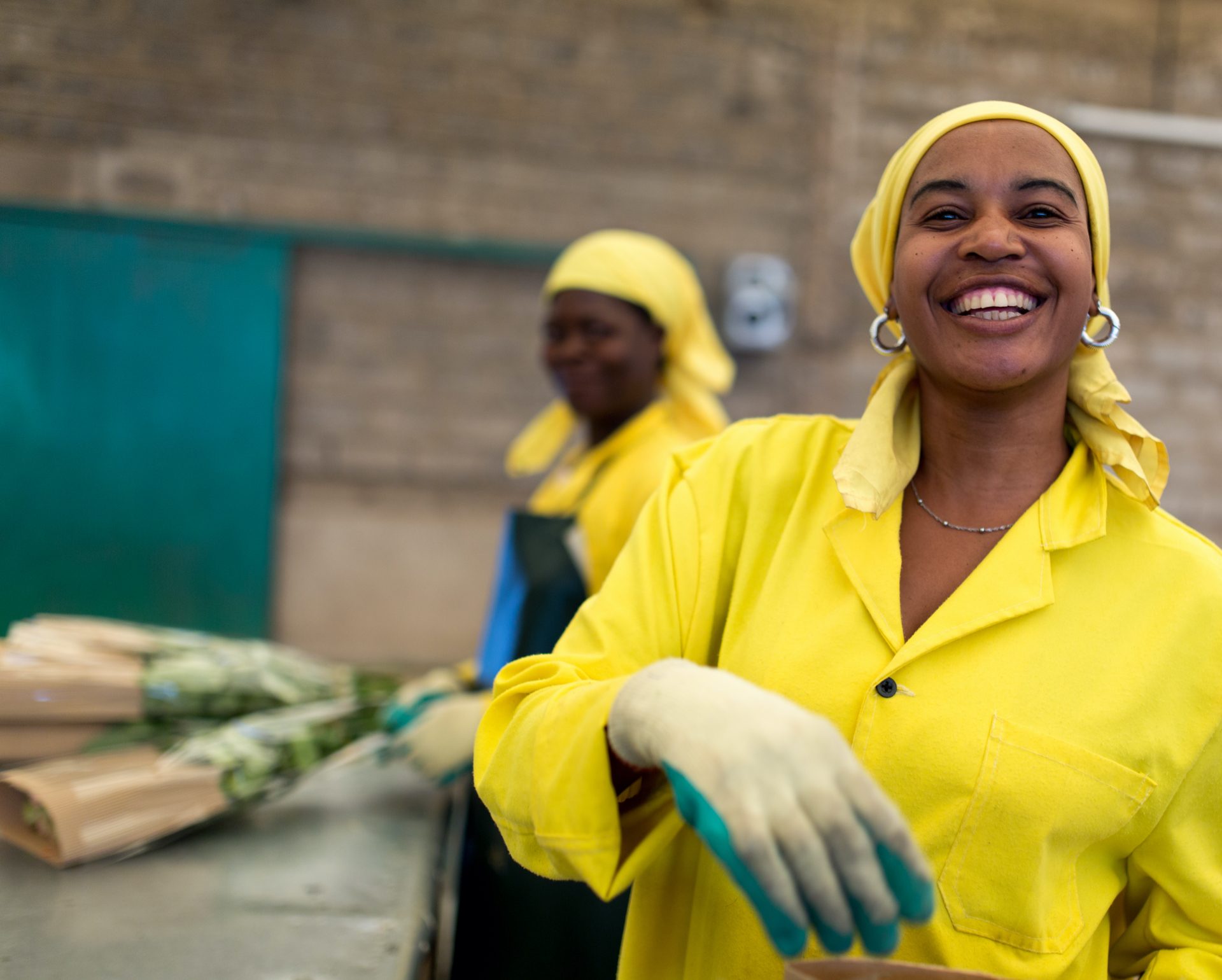What is Fairness: A Small Happy Country
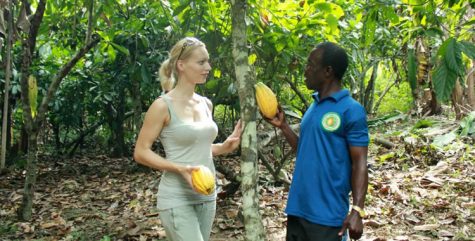 Throughout October’s Fair Trade Month, we are featuring Fairness Champions, people from all walks of life with a unique perspective on what’s ‘fair’. Today we introduce Elsebeth Nordlund, who recently joined the team as Business Development Manager at Fairtrade America.
Throughout October’s Fair Trade Month, we are featuring Fairness Champions, people from all walks of life with a unique perspective on what’s ‘fair’. Today we introduce Elsebeth Nordlund, who recently joined the team as Business Development Manager at Fairtrade America.
In March 2016, Denmark, the small Scandinavian country where I grew up, was ranked happiest country in the world for the third time. But what does this mean, ‘happiest country in the world’?
Winters in Denmark are long and dark, the weather throughout the rest of the year is often dreary with grey and rainy days that regularly leave some Danes depressed as Hamlet. So why are we still the happiest? I think the concept of fairness has a lot to do with it, as it plays a strong role in Danish society. For me fairness means equality, opportunity for all, justice, integrity and accountability.
Danes are ranked the happiest based on some of these “fairness factors”, with free access to healthcare and school, including university; job security and unemployment benefits; paid maternity and paternity leave; low rates of crime and government corruption; as well as freedom of speech. While the country has its issues (not all is perfect in the Kingdom of Denmark), it has been built up with equality and fairness in mind, meaning that Danes have few worries and are perceived as some of the happiest people in the world. I was fortunate to grow up in such a country.
Fairness is not a given in this world, but it is something to strive for. Over the last nine years I have worked in ethical trade with organizations that foster fairness in global supply chains. I spent seven years in the international Fairtrade system, working for FLOCERT and Fairtrade Mark Denmark before moving to the Danish Ethical Trading Initiative. This multi-stakeholder alliance of companies, trade unions, business associations, NGOs and public organizations strives to find sustainable solutions to ethical challenges in global supply chains.
In my experience, I have learned that tackling serious issues, such as forced labor in Uzbekistan, exploitation of migrant workers in Italy, unsafe factories in Bangladesh, cannot be done single-handedly. Finding sustainable solutions means working together – across sectors, among peers, with governments, and more.
The unfairness of child labor, lack of educational opportunities, high unemployment rates, or low prices for crops that leave the younger generation with few options, these are issues where we need to look at the root causes and build sustainable solutions. As Martin Luther King once said, “injustice anywhere is a threat to justice everywhere.” Unsustainability and injustice don’t just affect the people living it, these issues affect all of us. This goes for both social and environmental challenges.
I have visited Fairtrade producers in Brazil, South Africa and Ghana, and saw with my own eyes how Fairtrade can make a significant impact to farmers’ and workers’ lives when they can sell their products on Fairtrade terms. Fairtrade is one way to make a difference. As a consumer, it is an easy choice in a complex world. But it’s also important reminder that we need to be active helping root out injustice and building a fairer world for all.
This month, which happens to be Fair Trade Month, I packed up my family and moved to the United States, a place with more agreeable weather than my native Denmark. A land where there is great opportunity to improve how we treat others, increase understanding, and spread happiness. I’m eager to take on my role in business development helping companies and consumers learn how fairer, more just trade can make this world fairer for farmers and workers around the world.
We’re in this together
Fairtrade America partners with brands on the journey to certification and beyond. We can help with everything from finding a certified supply chain to marketing your newly certified product.
Get in Touch
